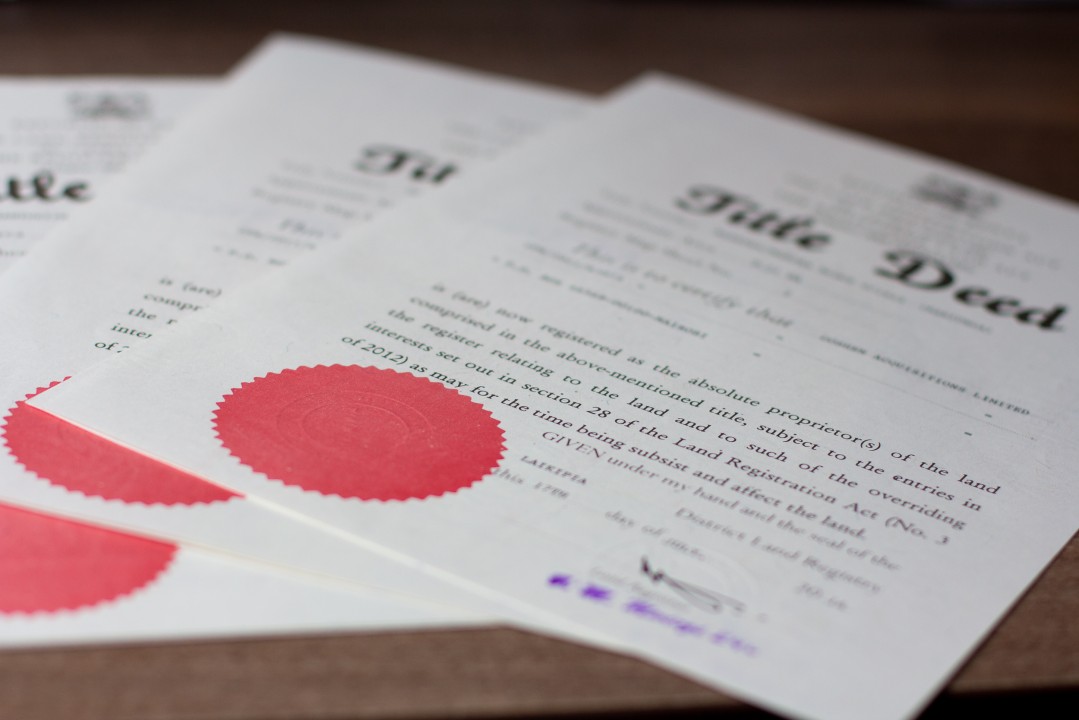Consumer Protection Act
The Consumer Protection Act B.E. 2522 (1979) (hereafter CPA) serves as Thailand’s principal legislation for safeguarding consumer rights in transactions involving goods and services. Designed within a civil law framework, it aims to balance the interests of consumers and businesses, establish minimum standards for fair dealing, and provide procedural mechanisms for enforcement.
The CPA supplements provisions of the Civil and Commercial Code, Penal Code, Trade Competition Act, and other sector-specific laws.
II. Statutory Purpose and Scope
The preamble to the CPA articulates its purpose:
“…to provide protection to consumers against unfair trade practices, dangerous goods, misleading advertisements, and contract terms that are oppressive or inequitable.”
The Act applies broadly to:
-
Sale and provision of goods and services
-
Advertising and marketing practices
-
Standard form contracts affecting consumers
-
Labelling, packaging, and product information
It applies to both Thai nationals and foreign consumers engaging in transactions within the jurisdiction of Thailand.
III. Institutional Framework
The Act creates a multi-layered enforcement and oversight structure:
| Body | Function |
|---|---|
| Consumer Protection Board (CPB) | Policy setting, approval of rules, oversight of subordinate agencies |
| Office of the Consumer Protection Board (OCPB) | Day-to-day administration, complaint handling, investigation |
| Sub-Committees (e.g., Advertising, Contracts) | Specialized rulemaking and adjudication within defined spheres |
| Consumer Protection Committees in Provinces | Regional oversight and preliminary enforcement |
The Prime Minister serves as the President of the CPB, underscoring its status as a policy-level institution.
IV. Rights Conferred by the CPA
1️⃣ Right to Safety
Consumers are entitled to protection against goods or services likely to cause harm to:
-
Life
-
Health
-
Body
-
Property
Manufacturers and service providers have a duty to ensure safety and provide adequate warnings.
2️⃣ Right to Information
Under Section 4(2), consumers must receive:
-
Accurate and sufficient product/service information
-
Clear labelling (in Thai language) indicating risks, usage instructions, and ingredients
-
Advertising that is not false or misleading
Failure to comply may result in administrative fines, suspension orders, or criminal penalties.
3️⃣ Right to Fair Contracts
The CPA empowers the CPB and its sub-committees to:
-
Review standard form contracts
-
Require mandatory contract terms in specified industries (e.g., property, finance, hire purchase)
-
Prohibit unfair or oppressive terms
Unfair contract terms include:
-
Excessive penalties for breach
-
Clauses that waive consumer rights under law
-
Disproportionate limitation of liability
4️⃣ Right to Redress
Consumers harmed by violations may seek:
-
Administrative orders (e.g., product withdrawal, advertisement suspension)
-
Civil remedies (compensation for damages)
-
Criminal sanctions against violators (where specified)
Complaints may be filed with the OCPB or directly in court.
V. Key Regulated Areas
A. Advertising and Marketing (Sections 22–30)
The CPA prohibits:
-
False or exaggerated claims
-
Concealment of material facts
-
Use of deceptive visuals or testimonials
The Advertising Sub-Committee has the authority to:
-
Issue orders to amend or withdraw advertisements
-
Impose administrative fines
-
Refer cases for criminal prosecution
B. Labelling and Packaging (Sections 31–40)
Requirements include:
-
Thai-language labelling for goods
-
Disclosure of product name, manufacturer/importer address, quantity, and warnings
-
Special rules for food, cosmetics, electrical appliances, and hazardous substances
Failure to comply may lead to product seizure, fines, or criminal charges.
C. Standard Form Contracts (Sections 35 bis onward)
The CPA authorizes:
-
Announcement of required and prohibited terms for certain contract types
-
Judicial invalidation of unfair contract terms
-
Administrative orders against non-compliant businesses
Example sectors with prescribed contract terms:
-
Condominium sales
-
Residential leases
-
Hire purchase of vehicles
-
Loan agreements with the public
VI. Enforcement Mechanisms
A. Complaint Filing
Consumers or their representatives may file complaints:
-
Directly to the OCPB (written or electronic submission)
-
Via provincial consumer protection offices
-
Through consumer advocacy groups
OCPB has authority to investigate, mediate, or refer cases for prosecution.
B. Administrative Orders
The OCPB or CPB may:
-
Suspend or cancel advertisements
-
Order product recalls or withdrawals
-
Issue warnings
-
Impose administrative fines (within prescribed limits)
C. Criminal Prosecution
Certain violations are criminal offenses, such as:
| Offense | Penalty |
|---|---|
| False advertisement | Up to 6 months imprisonment, THB 50,000 fine, or both |
| Failure to label properly | Up to 6 months imprisonment, THB 50,000 fine, or both |
| Sale of unsafe goods | Up to 5 years imprisonment, THB 500,000 fine, or both |
OCPB may refer matters to the public prosecutor for trial.
D. Civil Litigation
Consumers may pursue:
-
Damages for harm or loss
-
Injunctions to stop harmful practices
-
Class actions in appropriate cases (e.g., widespread product defects)
VII. Interaction with Other Laws
The CPA interacts with:
-
Product Liability Act B.E. 2551 (2008): Imposes strict liability for defective products
-
Trade Competition Act B.E. 2560 (2017): Addresses market abuse harmful to consumers
-
Food Act, Cosmetics Act, Drug Act: Sector-specific consumer safety laws
-
Unfair Contract Terms Act B.E. 2540 (1997): Overlaps in regulating standard contracts
VIII. Limitations and Challenges
1️⃣ Enforcement Resource Constraints
While the legal framework is robust, administrative bodies often face:
-
Backlogs in complaint handling
-
Limited regional presence outside Bangkok
-
Difficulty enforcing orders against transient or foreign businesses
2️⃣ Consumer Awareness
Many consumers lack knowledge of:
-
Their rights under the CPA
-
Available complaint mechanisms
-
How to navigate dual administrative and judicial pathways
3️⃣ Cross-Border E-Commerce
The CPA’s jurisdictional scope does not clearly extend to foreign e-commerce operators, creating enforcement gaps in cases involving overseas sellers.
IX. Conclusion
The Consumer Protection Act B.E. 2522 establishes a comprehensive statutory regime for defending consumer rights in Thailand. It provides:
-
A legal foundation for safe products, honest advertising, and fair contract terms
-
Administrative and judicial remedies for breaches
-
A multi-agency enforcement model with national and regional reach
However, meaningful consumer protection depends on effective enforcement, public awareness, and adaptation to new market realities, particularly in digital commerce.











